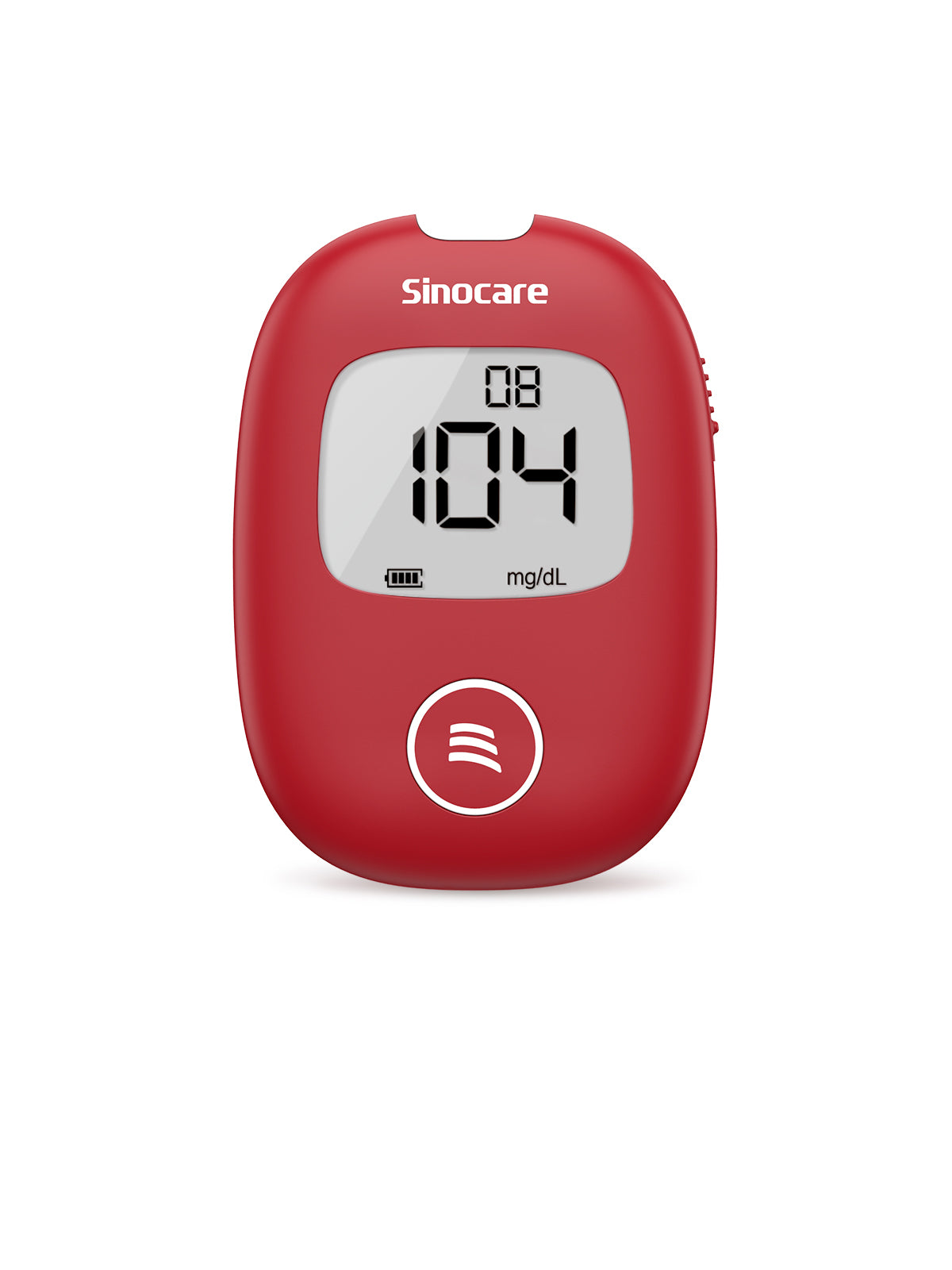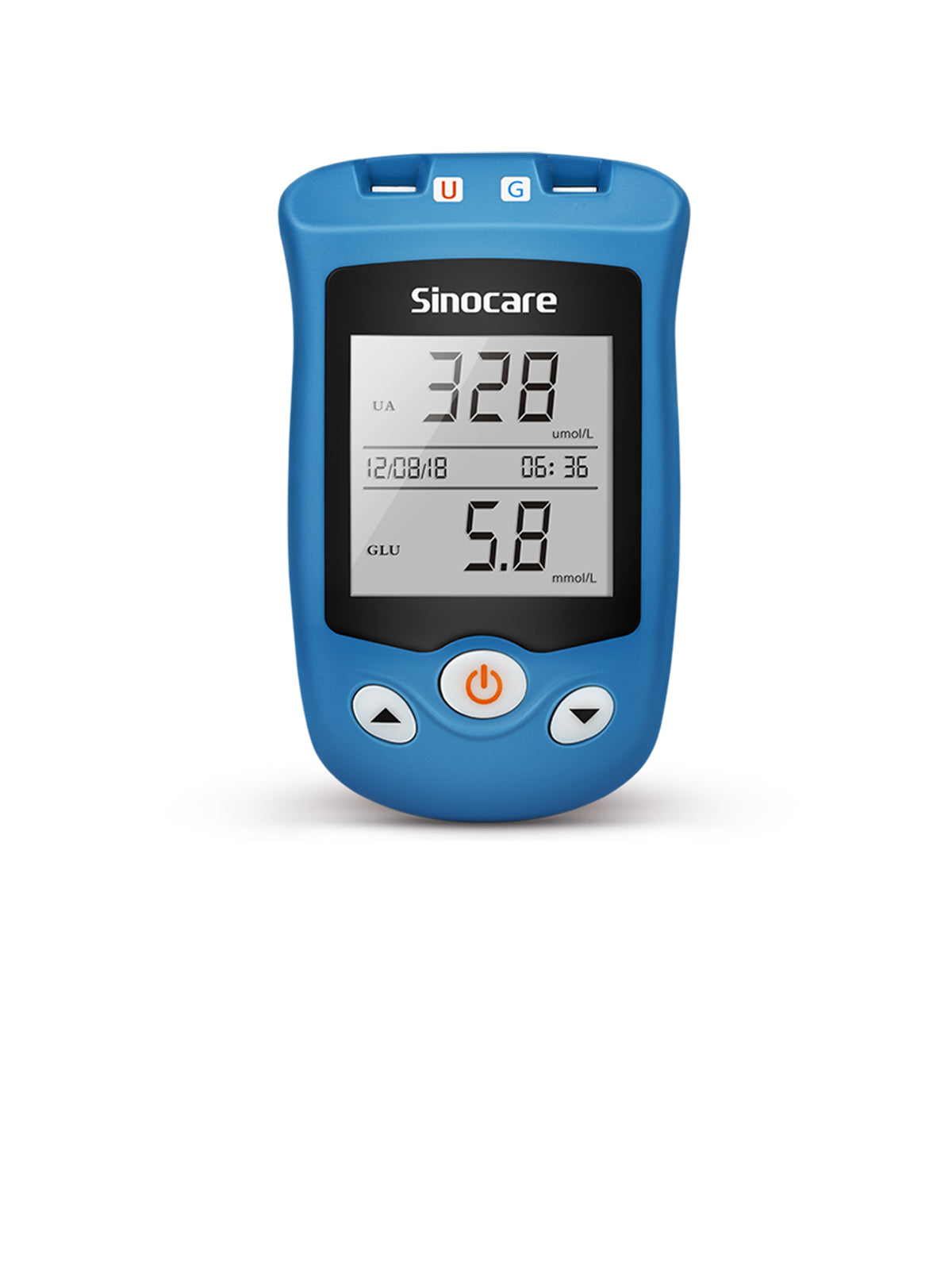Living with diabetes can be a challenging journey, often involving a careful balance of medication, diet, and lifestyle adjustments. However, there's a question that often arises: Can some diabetes patients manage their condition without medication?
Endocrinologists say: There is indeed a group of people with diabetes who can manage their blood sugar well without medication or injections. This mainly includes the following situations.

People have just been diagnosed with diabetes
For those who have just been diagnosed with diabetes and have a relatively mild condition, after a period of lifestyle intervention, it is possible to control blood sugar well without the need for medication.
Generally, these patients have a less severe condition, and the decline of pancreatic beta cells is not very serious. With guidance from doctors and specialists, combined with diet and exercise, blood sugar levels can be managed effectively.
However, this group of people needs to monitor their blood sugar diligently, including fasting blood sugar, blood sugar levels two hours after meals, and having their glycated hemoglobin checked every three months.
If blood sugar levels or glycated hemoglobin exceed the target range, medication treatment should be initiated under the guidance of a doctor.

Gestational diabetes postpartum
For the majority of gestational diabetes patients, blood sugar levels typically return to normal range after childbirth, usually assessed around six weeks postpartum through a glucose tolerance test. This group of individuals usually does not require insulin injections to control blood sugar postpartum.
However, it's important to note that for those who have experienced gestational diabetes, the risk of developing Type 2 diabetes is higher compared to those who haven't had gestational diabetes.
Therefore, it's crucial not to assume that because blood sugar levels return to normal after childbirth, one can indulge in unrestricted eating and drinking. Lifestyle adjustments should still be made.
Additionally, individuals should undergo a glucose tolerance test every three years or so to assess blood sugar status, even throughout their lifetime.
Diabetes "honeymoon phase"
For some individuals with diabetes, after undergoing treatment, their symptoms improve, and blood sugar levels return to normal. Under the guidance of a doctor, they can control their blood sugar through diet and exercise for a period of time. This period is known as the honeymoon phase.
The honeymoon phase can occur in both Type 1 and Type 2 diabetes patients. The earlier diabetes is detected and treated, the more likely the honeymoon phase is to occur. The duration of the honeymoon phase varies, ranging from a few weeks to several years.
However, even during the honeymoon phase, it's crucial to monitor blood sugar levels rigorously. If it's found that blood sugar cannot be controlled solely through diet and exercise, it's necessary to resume medication or insulin treatment promptly under a doctor's guidance.
Secondary Diabetes
Secondary diabetes refers to diabetes caused by known factors leading to insufficient pancreatic endocrine function, such as inflammation, tumors, surgery, or other injuries, as well as certain endocrine diseases (such as acromegaly, Cushing's syndrome, hyperthyroidism, pheochromocytoma, and glucagonoma, etc.).
For these diabetes patients, after resolving the secondary factors, such as discontinuing medications or treating related diseases, some patients' blood sugar levels can return to completely normal, eliminating the need for medication.
Apart from these situations, most diabetes patients still require medication. Besides medication and insulin injections, comprehensive lifestyle interventions, including a balanced diet, regular exercise, and proper blood sugar monitoring, are essential. It's best to work with a doctor to develop a personalized treatment plan tailored to individual circumstances.
Final thoughts
In conclusion, while some diabetes patients may be able to avoid medication under specific circumstances, it's essential to emphasize the importance of individualized care and continuous monitoring. For many individuals with diabetes, medication remains a crucial aspect of managing the condition effectively, along with lifestyle modifications. Regular communication with healthcare providers, adherence to treatment plans, and proactive management of blood sugar levels are key to promoting long-term health and well-being in the journey of living with diabetes.










Laisser un commentaire
Tous les commentaires sont modérés avant d'être publiés.
Ce site est protégé par hCaptcha, et la Politique de confidentialité et les Conditions de service de hCaptcha s’appliquent.